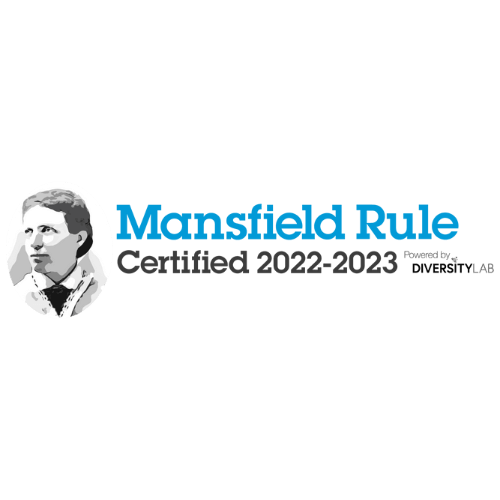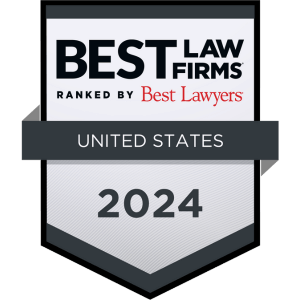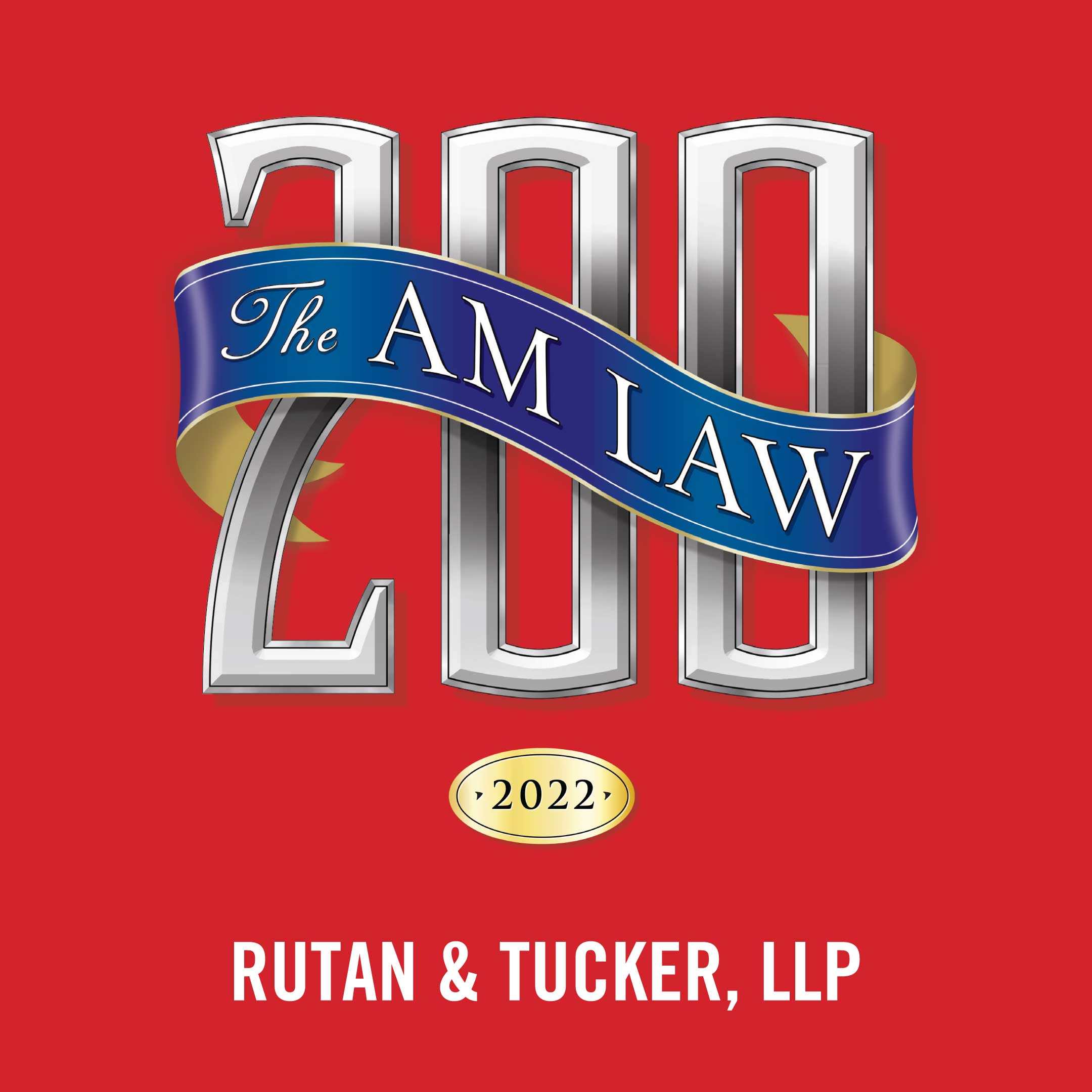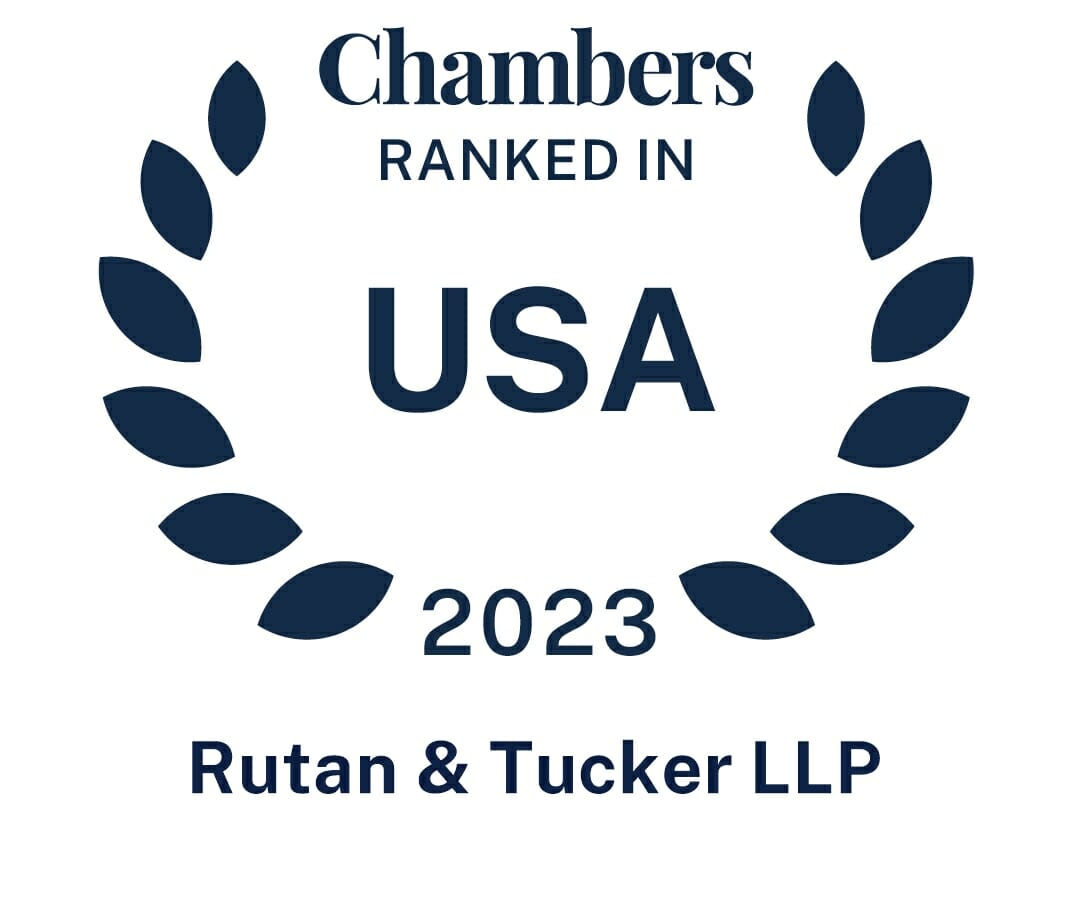Following a three-day bench trial in major environmental cost recovery litigation under CERCLA (the federal Superfund law) and its California equivalent, the Federal District Court for the Central District of California, Judge Stephen Wilson presiding, found in favor of Rutan & Tucker, LLP’s client, Ecobat Resources California, Inc. (formerly known as Quemetco, Inc.) (“Ecobat”) based on CERCLA’s recycling exemption—an infrequently litigated complete defense to CERCLA liability. Ecobat thus avoided joint and several liability for potentially hundreds of millions of dollars in cleanup costs allegedly incurred by the plaintiff, the California Department of Toxic Substance Control (“DTSC”) at the former Exide secondary lead smelter in Vernon, California. In reaching its decision, the Court decided a number of novel legal issues, including the burdens of proof and standards for the various elements and exceptions to the defense, and that California’s version of CERCLA, the Hazardous Substances Account Act (“HSAA”), incorporates CERCLA’s recycling exemption.
Rutan’s Alex Swanson led Ecobat’s defense at trial with assistance from co-counsel at Gibson, Dunn & Crutcher, LLP, Patrick Dennis and James Erselius. The case is California Dept. of Toxic Substances Control et al. v. NL Industries, Inc. et al., 2:20-cv-11293-SVW-JPR. The case is being tried in phases. Phase 2, discussed here, focused on CERCLA and HSAA liability.
DTSC filed the case against Ecobat (under its former name, Quemetco, Inc.) and eight other defendants in December 2020 to recover more than $700 million in funds the agency spent or planned to spend remediating contamination allegedly caused by a former secondary lead smelter in Vernon, California that specialized in recycling spent lead-acid automotive batteries before it closed in 2014. The defendants included two former owners of the facility and seven entities involved in the recycling of spent lead-acid automotive batteries and other lead-bearing scrap. The Los Angeles Times has published several stories chronicling the Vernon Plant’s alleged impact on the surrounding community and DTSC’s cleanup efforts.
Ecobat operates its own secondary lead smelter in the City of Industry, 10 miles from the Vernon Plant, and Ecobat’s facility was not at issue in the case. However, DTSC contended Ecobat was jointly and severally liable under CERCLA because a series of hazardous waste manifests allegedly showed that it had shipped a limited quantity of hazardous materials to the Vernon Plant more than 20 years ago. CERCLA imposes strict, retroactive, and joint and several liability on anyone who owns or operates a facility that has released hazardous substances into the environment and anyone who ever sent hazardous substances to the facility for disposal or treatment.
The Superfund Recycling Equity Act of 1999 (“SREA”) provides one of the few complete defenses to joint and several liability under CERCLA. 42 U.S.C. § 9627. The defense applies to a defendant accused of arranging for transport, or transporting, hazardous substances for treatment or disposal at a facility if the materials at issue fall within one of a several specific categories of recyclable materials, including spent lead-acid batteries—provided various other requirements are also satisfied. As a relatively recent adoption with narrow, fact-dependent application, there are few cases in which SREA has been successfully asserted.
A key fact issue at trial was whether Ecobat had sent only spent lead-acid batteries to the Vernon Plant, or had also sent dross from the lead smelting process, which DTSC argued is not covered by SREA. DTSC pointed to a single hazardous waste manifest for dross addressed to a different Exide-owned facility, arguing that the manifest nevertheless showed that the dross must have gone to the Vernon Plant.
The Court credited the testimony of Ecobat’s plant manager who, in addition to providing the evidence establishing that Ecobat’s shipments of spent lead-acid batteries met SREA’s elements, explained that the 1995 dross manifest could not have reflected a shipment to the Vernon Plant in light of Ecobat’s shipping practices. This testimony proved pivotal. The Court ruled that those defendants whose shipments were limited to spent lead-acid batteries or other specific types of scrap metal—only Ecobat and one other defendant—carried their burden on the recycling defense. Defendants who shipped other materials, such as dross, which did not clearly fit one of the statutory categories, remain in the case.



